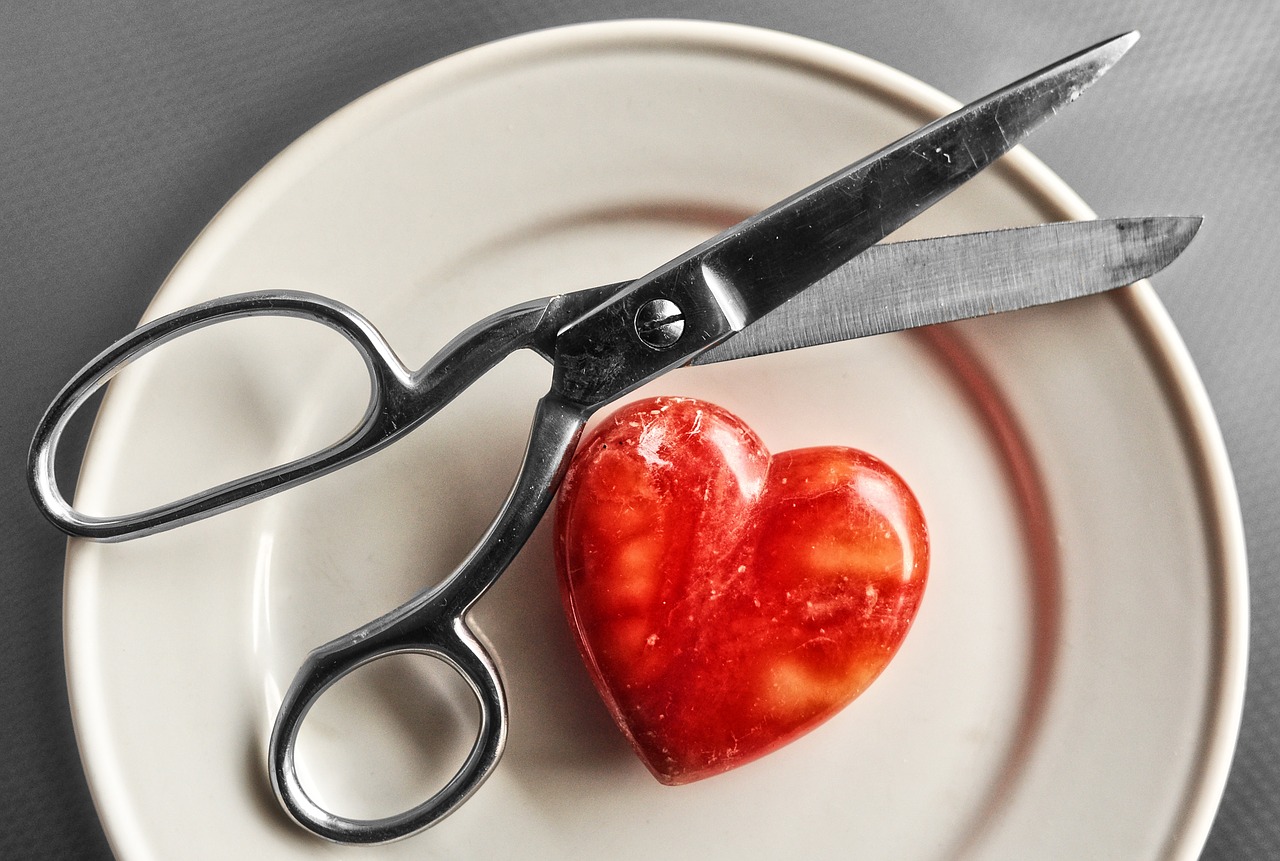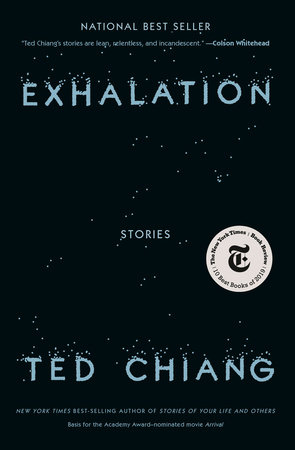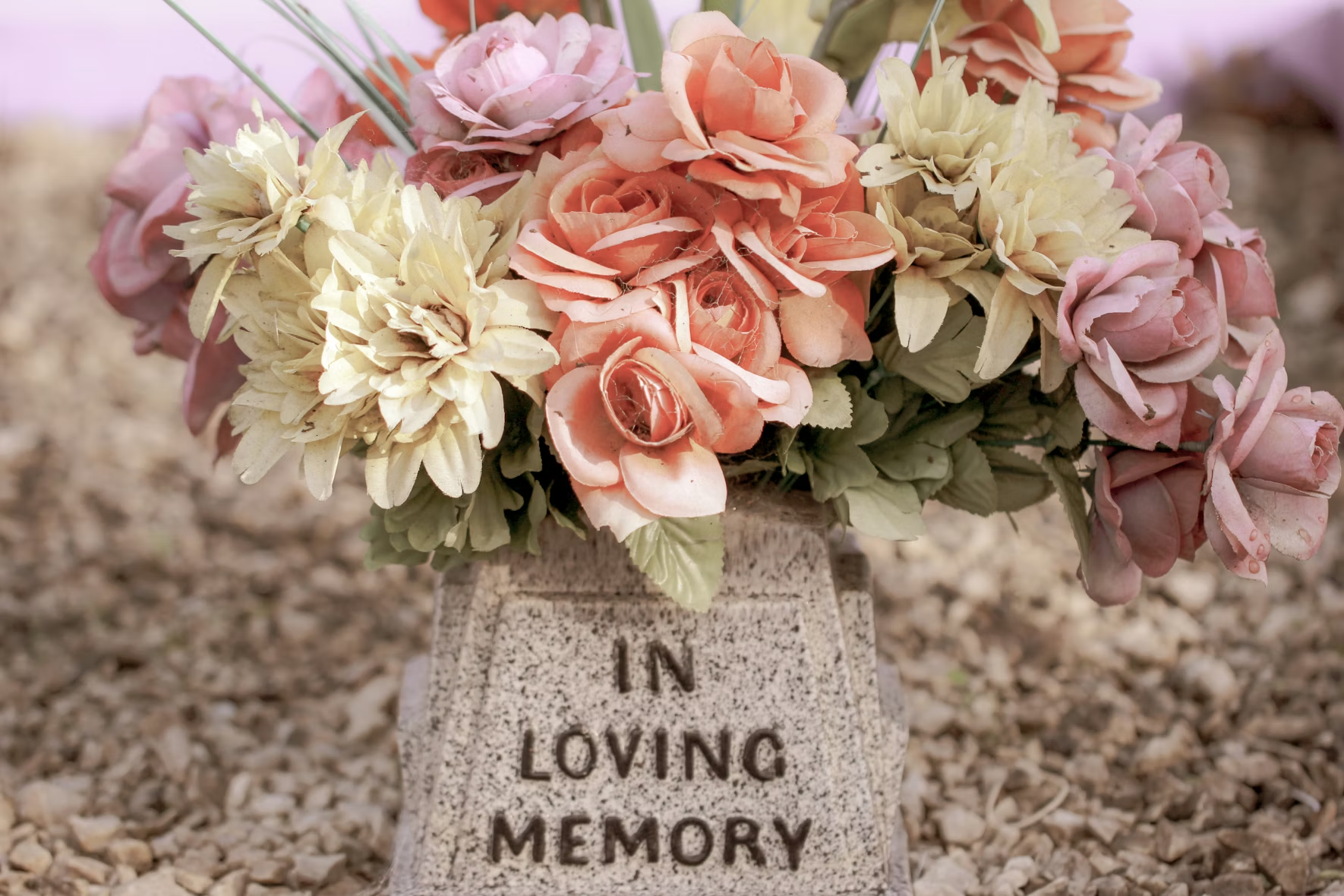essays
Writing Doesn’t Need to Hurt
Why do we seem to think that the most painful personal writing must be the best?

At the end of 2019 I had my first real experience of writer’s block.
I have always insisted that writer’s block isn’t real; that you don’t have to be inspired to write; that sitting down and putting words on the page, even when they’re terrible, is the only way through a writing slump. My favorite teacher told me that in sixth grade, and I took it as gospel for 21 years.
But then it was a few days before Halloween, and all of a sudden, I couldn’t write. It wasn’t a question of motivation or time management or even not having ideas. One day, I opened my computer and burst into tears. For the next two months, I couldn’t write so much as a pitch email without becoming anxious to the point of nausea.
One day, I opened my computer and burst into tears.
I’d spent the previous year—in some ways, the previous seven years—laying the groundwork for a project I felt compelled to write: a memoir about mourning my best friend, who died unexpectedly at the age of 25. I have told that story, or some facet of it, so many times. I never seem to stop writing it, in part because it never seems to stop happening. There is always, even seven years later, a new way I find myself mourning, a light that hits her memory at a new angle. I could write about grief until I die and still leave volumes unsaid.
The day before my writer’s block hit, I had finished what I hoped would be a chapter of that book, and sent it to my agent. The next morning, I tried to edit a short story and ended up weeping until I gave myself a migraine. I wondered vaguely if the two events were related.
It’s a tired truism that writing is hard and painful, and that the people who make it the focus of their lives will also do practically anything to avoid it. Literary Twitter is full of memes about how clean a house can get when the writer who lives there is on a deadline. Dorothy Parker once wrote that the greatest favor you can do someone who aspires to be a writer is “shoot them now, while they’re happy.”
I have a long-standing habit of hurting myself in small ways. I never engaged in the sort of self-mutilation that leaves scars, but at various points in my life I have bitten myself, scratched myself, pulled out hair, slapped my own face, and peeled off scabs nowhere near healing. I describe myself as “fidgety,” but most of the ways I find to fidget are also painful. Perhaps writing what makes me miserable is another manifestation of this unsavory impulse. I am very bad at leaving myself alone to heal. I want to see what’s going on in there, even—especially—if looking makes things worse.
I’m not unique in writing past the point of comfort or safety. The archetype of the suffering artist is centuries old.
But I’m not unique in writing past the point of comfort or safety. The archetype of the suffering artist is centuries old, a cultural memory that long predates my own idiosyncrasies. Writers are encouraged, tacitly and explicitly—no, fuck that passive voice. Writers encourage each other to steer into the pain. We value “raw” and “searing” prose, venerate brutal honesty. We say “write what scares you” but seldom “write what makes you happy.” There is so much advice about “bleeding on the page” and “cutting deeper” and, if you follow those instructions, you can end up a mess of open veins and damaged tissues.
“Writing this book almost killed me,” a writer I admire tweeted recently about her new memoir, and maybe she didn’t mean it as a point of pride, but I’m certain I wasn’t the only one who read it that way. When I was a slam poet, I watched over and over as people I loved delved into their most painful moments, live and onstage, reliving trauma with their whole bodies for the sake of a compelling performance. In some creative circles, the willingness to push oneself to the edge of a breakdown is considered vital to producing great art.
It’s not a surprise, then, that so many writers seem to hate writing—if “writing” is synonymous with “chewing open old wounds.”
Shortly before my writer’s block hit, I listened to the audiobook of Ted Chiang’s short story collection Exhalation. The title story contained an image that affected me deeply. In “Exhalation,” an entire civilization is stymied by the growing disparity between how they perceive time and how clocks measure it. The story’s unnamed protagonist, in an effort to solve the mystery, uses an array of mirrors to dissect and stare into their own brain. This strikes me as an apt metaphor, perhaps not for everyone’s writing process, but certainly for mine. Something inside me does not line up correctly with the world; therefore, I must open myself up to find the explanation.
What the protagonist discovers inside their head is an intricately detailed machine. Their thoughts are composed of the movements of air, the way each breath minutely rearranges the clockwork of their consciousness. Being apparently inorganic—though it seems too crude to call them a robot—Chiang’s protagonist experiences no physical pain from the autodissection. They observe their inner workings clearly, without the distraction of severed nerves and spurting fluids.
Like many writers I am introspective to a fault. I’m always trying to figure out why and how I feel and think and do the particular things that make up my life. I write to be understood, but also to understand. However, I don’t have the luxury of detached evisceration. When I cut myself open, it hurts like a motherfucker, and sometimes that makes it hard to understand what I’m looking at.
By the end of 2019, the physical act of sitting down to write had begun to require courage I didn’t always have. No matter how many words I wrote about my grief, there was always more to say, and I kept pushing myself to say it. Like I couldn’t stop while there was still an untapped vein of sorrow to be found. After months of carving into the worst thing that has ever happened to me, layer by screaming layer, I was flinching from the sound of my own thoughts.
I’m a writer. I love writing. It’s all I’ve ever wanted to do with my life. And yet hating to write felt almost normal, almost expected. It felt, horribly, like validation: if the art I was creating was this close to unbearable, it must be important.
Sometimes, it’s true, writing is unavoidably painful. Some things must be said that are not easy to say. There’s a line, though, between acknowledging uncomfortable truths and writing with the intent to suffer. It is brave to write the thing you need to write, even if it hurts. But that doesn’t mean that the hardest writing is always the bravest. Self-flagellation for its own sake is not noble—and it doesn’t necessarily make for good art.
It is brave to write the thing you need to write, even if it hurts. But that doesn’t mean that the hardest writing is always the bravest.
The writing that I beat myself to a pulp for last year was not, at a few months’ remove, anywhere near my best work. Bleeding on the page mostly just makes a mess. I convinced myself that it was vitally important to trace every thread of my grieving process, that it was a story needing to be told, but to be honest, grief seen from the outside is often banal. My friend died and I’m really fucking sad about it and I miss her all the time. I can say that in one sentence or a hundred pages, but the story is the same.
“What’s the takeaway? What did you learn from this?” my agent asked when she read the chapter I’d shredded my mental health over.
The answer was: nothing. Lost in a forest of grief, I’d catalogued the trees instead of looking for a path. The writing went nowhere, because I had gone nowhere.
After finishing that fruitless section, I spent two months absolutely dismantled, crumbling into tears at any provocation or none, unable to continue that project or meet deadlines for other writing assignments. I felt useless, defensive about my lack of productivity, resentful of everyone who could still create.
In that same two months, I also happened to write more words than I had in the preceding year. I just didn’t count it as writing. While even outlining a personal essay made me want to hide under my bed, I was churning out a thousand words a day or more of fanfiction. Waking up in the night to feed my son, I’d stay up long after he fell back asleep, working on stories in which all the dead characters I love came back to life. I couldn’t write, but I also couldn’t stop writing.
I made up reams of happy endings as a counterweight for the grief that threatened to destroy me. Nothing I wrote during that time period was publishable, but then, I’ve written thousands of unpublishable words about death and loss. Why does that feel like valid writing—like work, as in “doing the”—while my stack of “everyone lives” stories don’t?
Bleeding on the page mostly just makes a mess.
One distinction is the fact that my grief project was intended to be readable and fell short, while I never planned to share my fanfic with any audience but me. Mostly, though, the difference is that writing because I want to strikes me as frivolous. I was and am a little embarrassed about the enjoyment those self-indulgent stories brought me. I pretended I wasn’t writing for two months because that felt more defensible than writing for the sheer escapist fun of it. Do you see how I’m still, in this paragraph, apologizing for wanting to make myself happy? For choosing that, even temporarily, over beating my head against a brick wall of bad memories?
Looking back now, it strikes me that I knew what I needed, even when I was ashamed of it. I had to write something completely trivial and uninteresting to anyone but myself to remember that I still liked writing. For a while, I didn’t know that I was building a bridge back to my own voice, one fix-it fic at a time.
I’m still working on remembering that creating can be fun as well as painful, which I suspect will be a project I can never put down for long. I made a resolution at the beginning of the year to write only what brings me joy, clarity, or money. The urge to press on sore spots just to prove I can take it is still there, but I’m trying to sit with it until it passes. The most painful stories are not the only ones worth telling. Someday I want to be able to write about how I healed.









